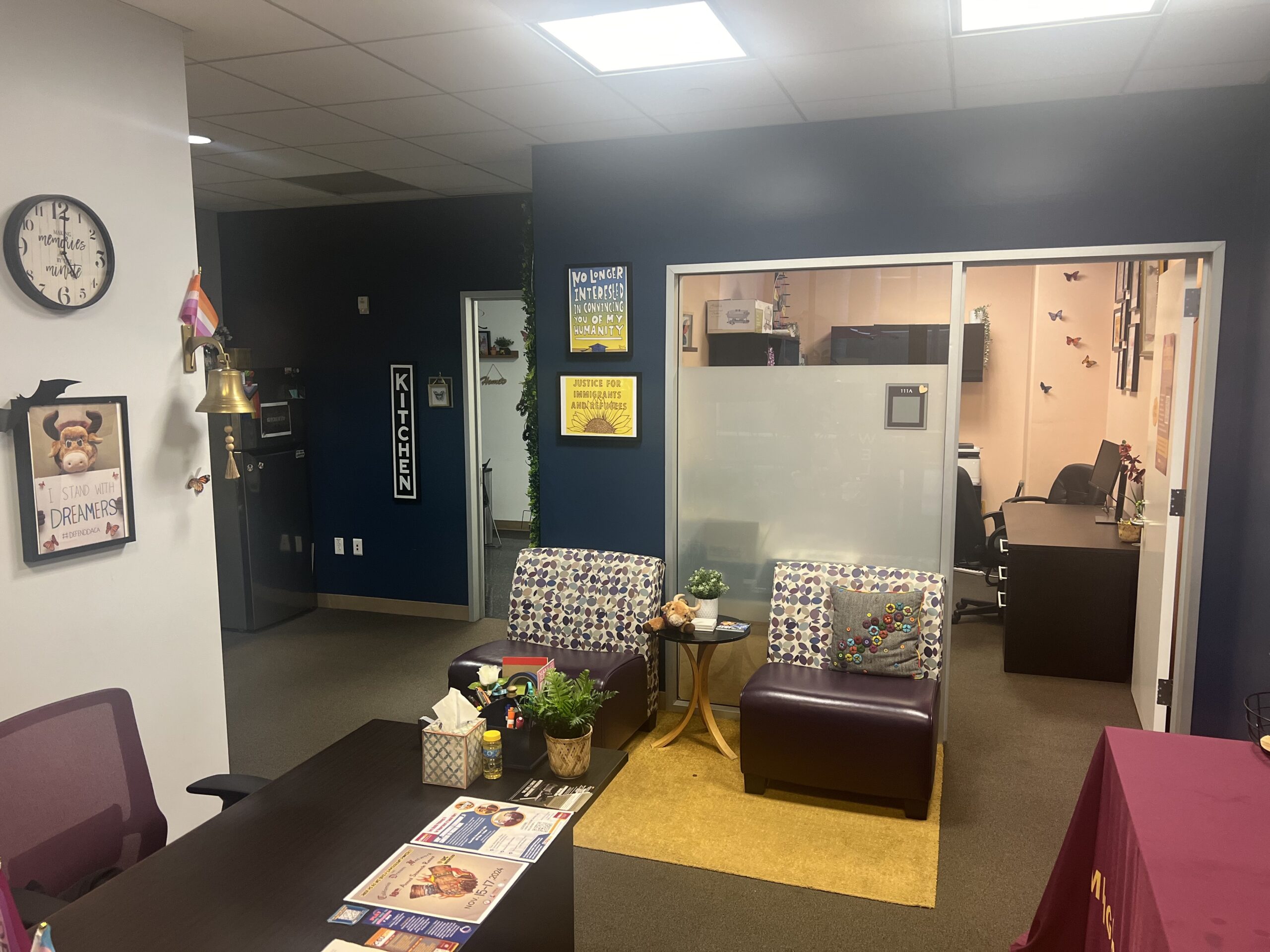By Alex Graf
Managing Editor
On Monday, April 22, CSUDH students enjoyed free pizza and drinks in the courtyard outside the Loker Student Union as CSUDH President Thomas Parham, along with a panel of other administrators and Associated Students Inc. President Christian Jackson fielded student questions on various issues. The so-called “Pizza with the President” event was really more of a “Pizza With Top Administrators and ASI Executives,” though that doesn’t have quite the same ring to it.
Students submitted questions to the panel by writing them down on slips of paper and giving them to ASI College of Arts and Humanities Representative Itzel Marin who moderated the discussion.
One of the major issues discussed during the event was student housing.
“We have 16,000 students on this campus,” Parham said. “…If I could wave my magic wand today, we’d have 25 percent of that being in our capacity for housing. Right now we have 647 bed spaces, which is way below what I think we oughta have.”
Parham expressed concern, however, that any cost associated with building more housing would “unfortunately” be passed onto CSUDH students.
“What we’re hoping is that the cost of that housing will be ten-ish percent below what you could find outside in the marketplace,” Parham said. “I can’t promise that. That’s our goal and our aspiration and we’ll keep you posted on where we’re going.
Another question from several students was about the need for staff and equipment and how students can track how their tuition dollars are being spent.
“We post a lot of information online in terms of budget allocation,” Vice President of Administration and Finance Naomi Goodwin said. “All of the discussions, all of the decisions that are made through the university budget process, the entire university budget are posted on the University Budget office webpage.”
Goodwin also said there are student and faculty representatives on the University Budget Committee charged with “ensuring those constituent groups are informed and aware of the process as well as the allocations.” Goodwin pointed out that the committee conducts town halls on the university budget to provide information to students. Finally, Goodwin directed students to opengov.com to get more information on the CSUDH budget as well as many other public institutions.
“Campuses can elect to have their information posted on there or not,” Goodwin said. “We actually made the decision to do that about three years ago. You can see where the money is coming from, where the money is being allocated. We try very hard to be as transparent as possible.”
Finally, Christian Jackso weighed in by saying that ASI would be willing to break down the budget for students struggling to grasp the details and specifics of the publically available information.
“We’ll try to get those answers for you so you understand what’s going on on the campus,” Jackson said.
One student asked about the possibility of an Asian-Pacific Islander Center coming to CSUDH.
“I am delighted that question was asked,” Vice President of Student Affairs William Franklin said pointing to the additions of the Rose Black Resource, Toro Dreamer Success, and Queer Culture Resource Centers as steps the university has taken to create spaces for marginalized students on campus.
“We are currently in the process of looking at both an API Center and a Latinx Center that are going to come on board next. People are like ‘why do we need a Latinx Center? We’re 60% Latino.’ That’s why we need a Latinx Center; for that reason alone. Just because you have a compositional diversity doesn’t mean that we’re included and doesn’t mean that there’s equity.”

